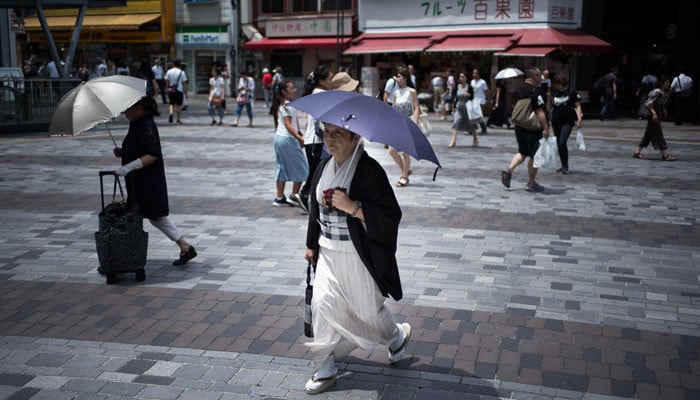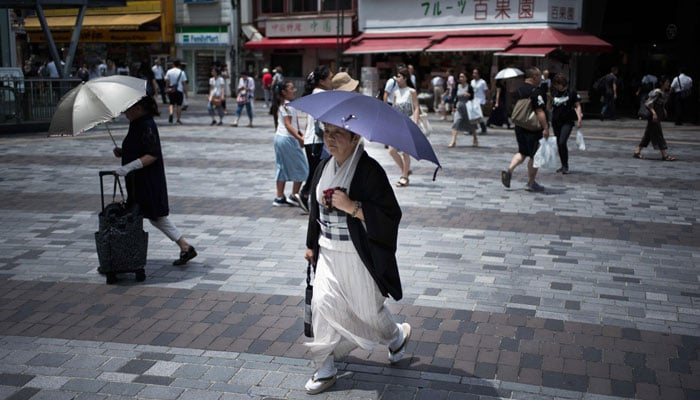Elderly at risk during heatwaves: Experts debunk myths, share tips for staying safe
As temperatures continue to rise across the globe, the elderly face increased vulnerability to heat stress, warns a team of experts from the Heat Resilience and Performance Centre at the National University of Singapore’s Yong Loo Lin School of Medicine.
Contrary to popular belief, Associate Professor Jason Lee Kai Wei asserted that drinking cold water is an effective way to cool the body and reduce the risk of heat stress. He urges the need for better education to debunk common myths about cooling methods for the elderly.
As we age, our bodies undergo changes that impact our ability to regulate temperature. Family physician Dr Tay Ruixin explains, “Older individuals produce less sweat per sweat gland and have a lower overall sweat rate for the same heat load conditions.” Additionally, reduced blood flow to the skin hinders the transfer of heat from the body core to the skin for dissipation. These factors contribute to the elderly’s decreased ability to cool down effectively.
Heat stress becomes even more concerning for seniors taking certain medications or suffering from chronic illnesses. Professor Lee highlights that “some medications that are meant to treat diseases may potentially compromise their thermoregulation and predispose them to a higher risk of heat injury.” It’s crucial for caregivers and older adults to be aware of the impact of these medications and take necessary precautions.
Dehydration is another significant concern during heatwaves. Consultant Dr Kuan Ling Yee warns that “older individuals have decreased thirst sensation, and their kidneys’ ability to conserve sodium and water also declines with advancing age.” As a result, seniors may take longer to recover from dehydration, which can lead to confusion and lethargy. Dr Kuan stresses the importance of consuming adequate fluids, including soups, tea, and preferred drinks, to prevent dehydration.
To protect the elderly during extreme heat, experts recommend a multi-faceted approach. Dr Tay advises creating a suitable physical environment by keeping them sheltered from direct sunlight. Additionally, sprinkling the skin with water and using a fan in dry and hot environments can effectively decrease heat strain. The new heat stress advisory, introduced by Singapore’s Ministry of Sustainability and the Environment and the National Environment Agency, provides valuable guidance on adjusting outdoor activities based on the heat stress level.
For all the latest health News Click Here


